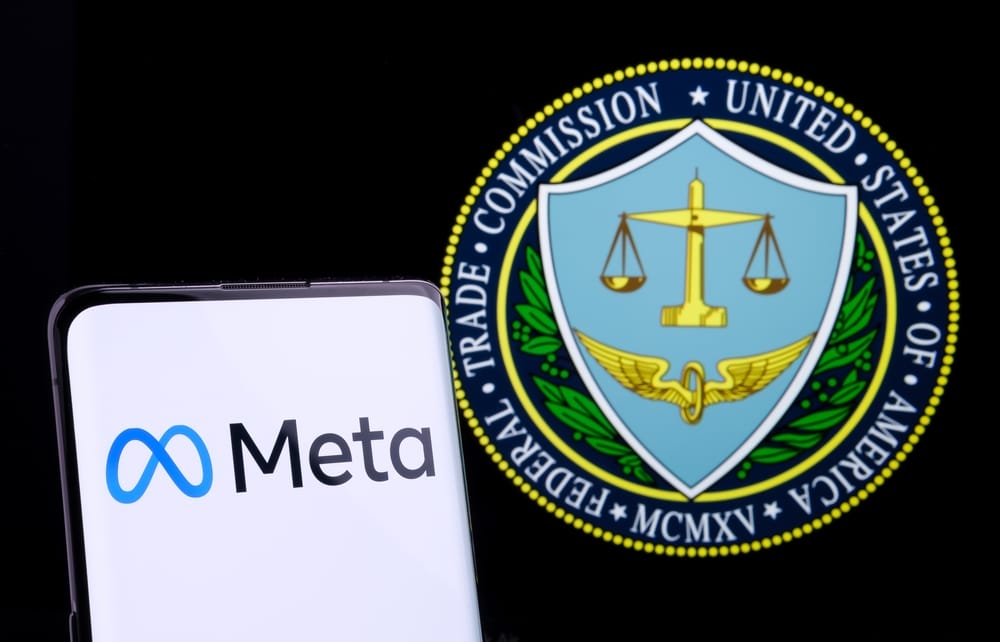Instagram and Facebook’s parent company, Meta, takes legal action to resist changes in privacy settlement, aiming to protect its ability to profit from data on users under 18.
Meta Platforms, the parent company of Instagram and Facebook, has filed a lawsuit against the Federal Trade Commission (FTC) to prevent the reopening of a 2020 privacy settlement. The company aims to resist proposed changes that would restrict its ability to profit from data collected on users under the age of 18.
In the lawsuit filed on Wednesday in federal court in Washington, D.C., Meta Platforms contends that the FTC’s decision to revisit the 2020 consent agreement infringes upon what it deems as “structurally unconstitutional authority.” The company requests the court to declare certain aspects of the FTC’s structure as violating the U.S. Constitution, rendering the reopening of the privacy agreement unlawful.
The dispute originates from a 2020 consent agreement between Meta Platforms and the FTC, which resulted in the social media giant paying a record $5-billion fine over privacy violations. However, in May of this year, the FTC claimed that Meta had not fully complied with the settlement and proposed substantial changes, including preventing Meta from profiting from data collected on minors, encompassing information gathered through its virtual reality products.
Meta’s legal action follows the U.S. Supreme Court’s conservative majority showing openness to challenges against how regulatory agencies, including the Securities and Exchange Commission (SEC), handle fraud cases. The court suggested that individuals accused of fraud by the SEC should have the right to a jury trial in federal court, a sentiment resonating with elements of Meta’s lawsuit.
U.S. Sen. Edward J. Markey, a vocal critic of Meta and other Big Tech companies, dismissed Meta’s lawsuit as a “weak attempt to avoid accountability.” He characterized Meta’s legal maneuvering as adopting “extreme, right-wing legal theories” to challenge consumer protection agency authority.
Image Source: mundissima @ShutterStock













































